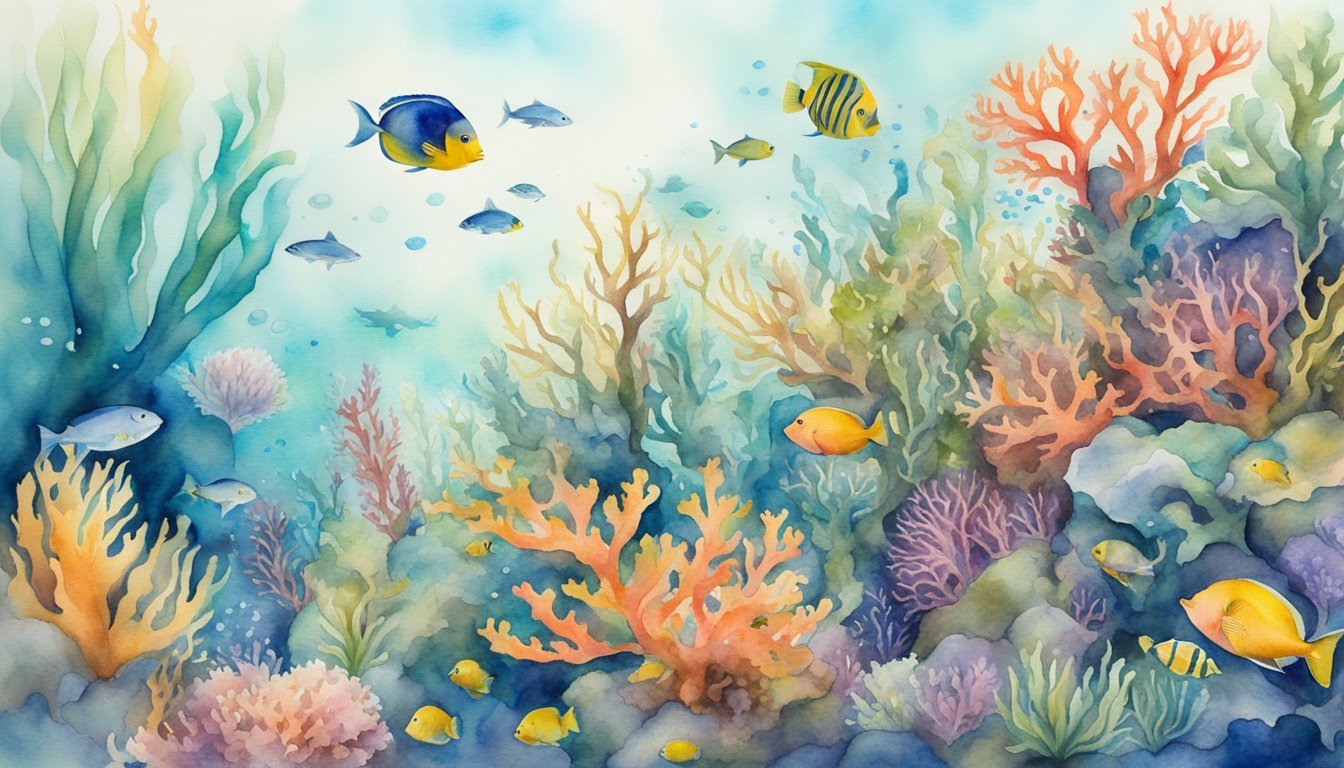Global Marine Biodiversity Trends

Marine biodiversity encompasses an incredible array of life that contributes to the health of global ecosystems. As such, understanding the impacts of climate change, recent discoveries, and human activities on this biodiversity is crucial.
Climate Change Impacts on Ocean Species
The warming of the ocean has led to a shift in the distribution of marine species, with many moving towards cooler waters, away from the equator. This migration can disrupt local ecosystems and affect the global balance of marine life. Additionally, increasing ocean temperatures and acidification pose a significant threat to coral reefs, which are vital habitats for numerous marine species and important for coastal protection.
Exploring New Marine Life Discoveries
The ocean is still largely unexplored and new species are discovered regularly, enriching our understanding of marine biodiversity. Innovative technologies and deep-sea exploration have recently brought to light new species of fish, corals, and other marine organisms. These findings are essential for the study of evolutionary biology and for the management and conservation of marine ecosystems.
Threats to Marine Ecosystems from Human Activities
Human activities continue to present dire threats to marine ecosystems. Pollution, overfishing, and habitat destruction have led to a decline in marine biodiversity globally. Persistent overfishing has also decreased the populations of many fish species, while run-off from agriculture contributes to algal blooms that suffocate aquatic life. Addressing these threats through conservation and sustainable practices is critical for preserving marine biodiversity.
Conservation Efforts and Scientific Research
Marine conservation is receiving a significant boost from technological advancements and scientific research, yielding promising new strategies and insights. Emphasizing the role of ocean modelling, innovative conservation measures, and the protection of vulnerable marine species, these efforts are essential for maintaining biodiversity and sustaining marine ecosystems.
Innovations in Marine Conservation
Researchers are leveraging AI-driven remote sensing to enhance seagrass monitoring and conservation in the Mediterranean. This cutting-edge approach has the potential to play a crucial role in combatting climate change by improving the accuracy and efficiency of marine habitat conservation efforts.
Advances in Ocean Modelling and Research
Ocean modelling has become a cornerstone of marine science, with scientists making advances in our understanding of marine biodiversity’s role in ecosystem services. Sophisticated models help predict changes in marine environments, informing better strategies to manage food resources and protect against climate impacts.
Protecting Endangered Marine Species
Research indicates that concerted conservation actions can be remarkably effective for reversing the decline of endangered species such as the North Atlantic right whale. These findings underscore the necessity of scaling up conservation interventions, particularly in critical habitats like the Baltic Sea, to ensure the survival of these majestic marine mammals.

